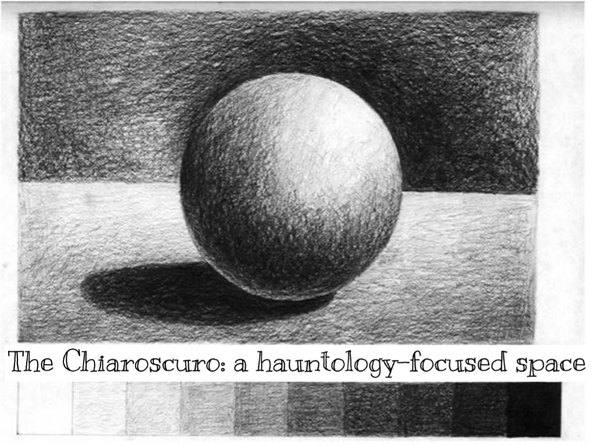The Chiaroscuro is a blog that dances with the spectres of memory—a place where the past is never truly gone but lingers like an elusive shadow, slipping between moments of our everyday lives. Here, we’re fascinated by those fleeting glimmers of memory, the eerie remnants of what once was but somehow never left. Each story, reflection, and image we feature weaves nostalgia together with the uncanny, exploring how the echoes of yesterday reach out to touch the present, haunting us in unexpected ways. This season, as festive lights twinkle and winter settles in, we’re gathering short, evocative pieces on the theme Shadows under the mistletoe.

